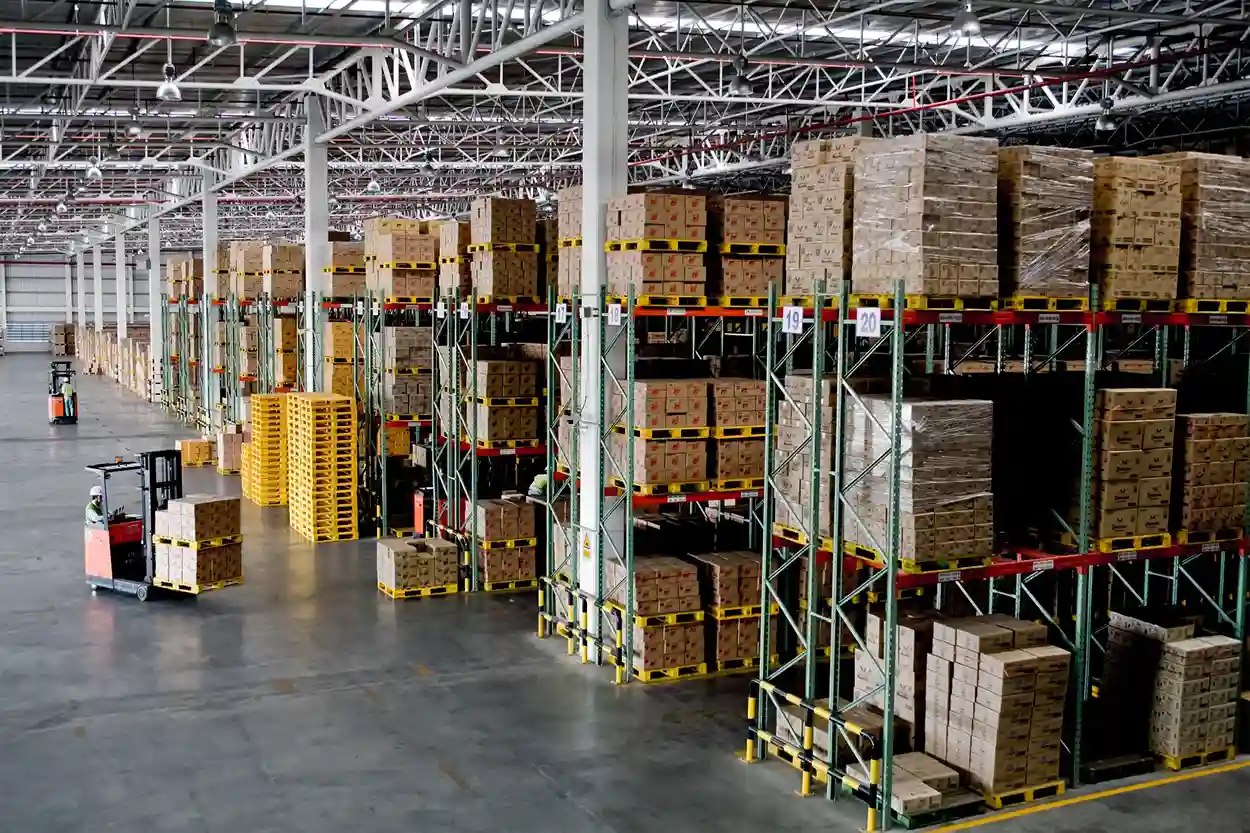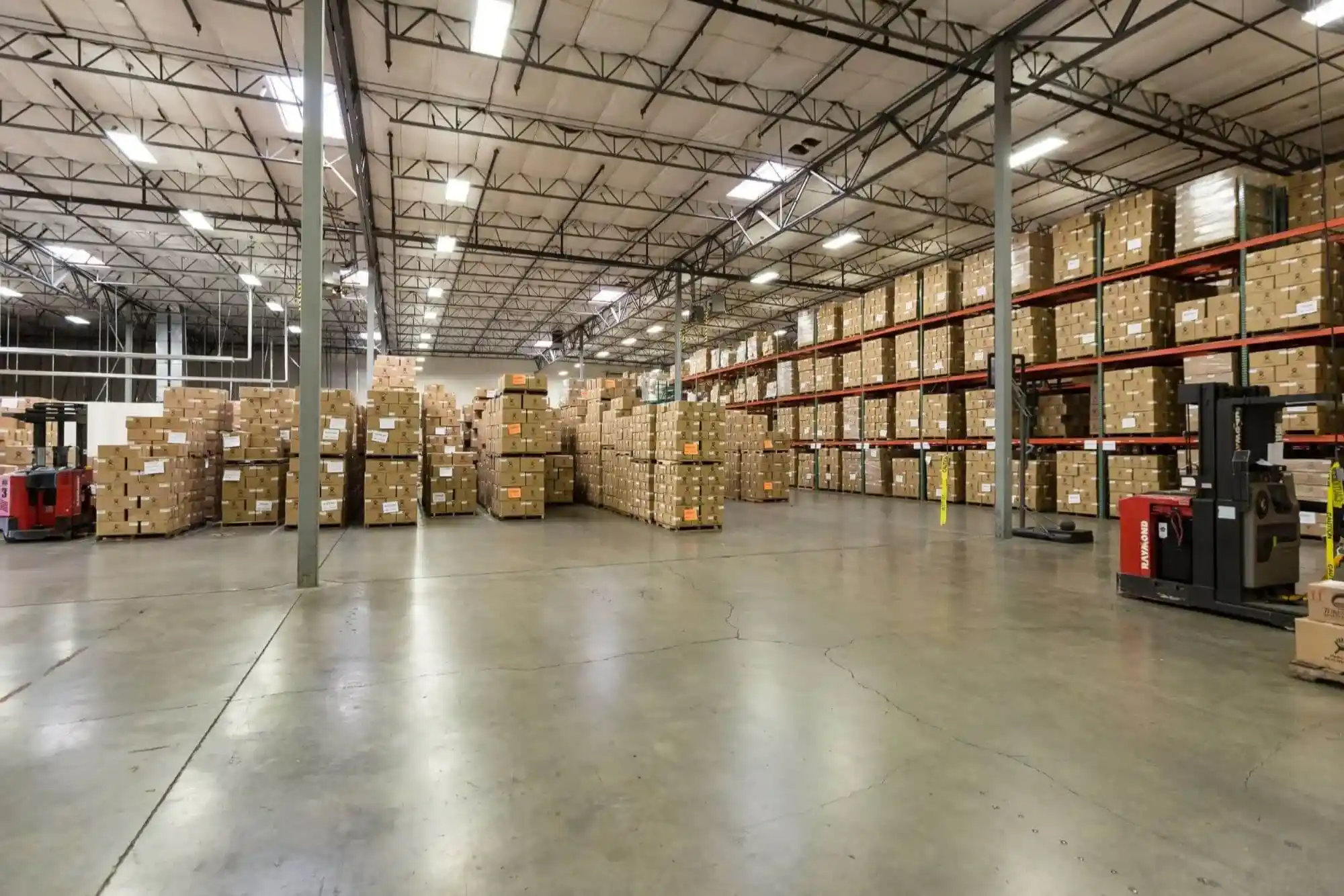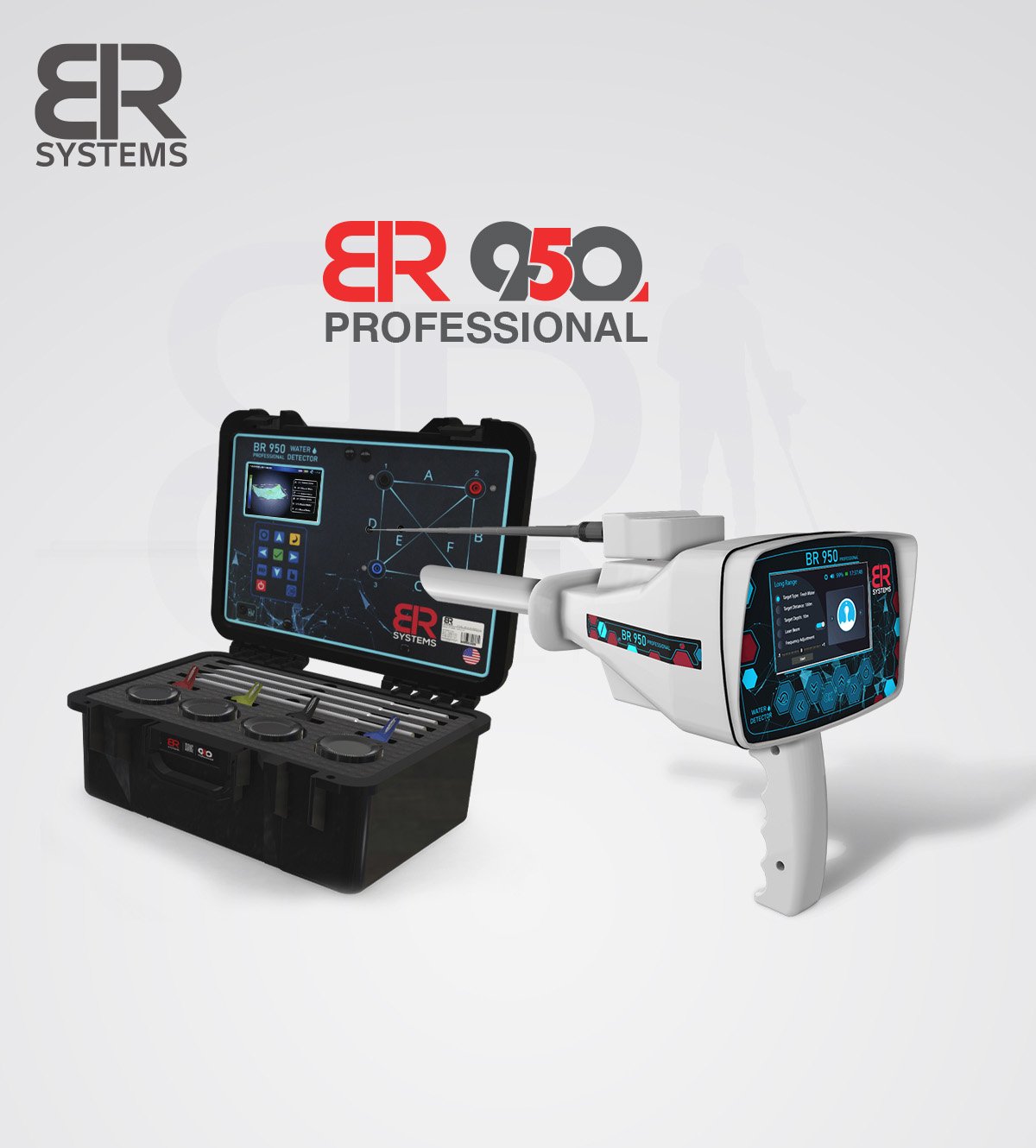In today’s fast-paced business environment, efficient warehousing services are a crucial part of the supply chain. Warehousing services refer to the storage and handling of goods and materials before they are distributed for sale or use. Companies rely on these services to streamline their operations, manage inventory, and ensure products are readily available when needed. This article delves into the core aspects of warehousing services, their benefits, and how they contribute to business success.
What Are Warehousing Services?
Warehousing services involve storing products in a facility specifically designed to house goods securely. These services are more than just providing space; they include managing the goods, organizing the inventory, and ensuring timely shipments. Businesses from various industries, including retail, manufacturing, and e-commerce, rely heavily on warehousing to keep their supply chains efficient.
Types of Warehousing Services

Depending on business needs, there are several types of warehousing services available:
- Public Warehouses: These are third-party facilities that provide storage space and services for businesses. They are usually rented out on a short-term basis.
- Private Warehouses: These are owned and operated by individual companies for their storage needs. Larger corporations that have consistent and high-volume storage requirements typically use private warehouses.
- Bonded Warehouses: These are government-licensed facilities where imported goods are stored without paying duties until they are released for sale.
- Climate-Controlled Warehouses: These are specialized facilities designed to store perishable goods or items sensitive to temperature and humidity changes, such as food, pharmaceuticals, and electronics.
Key Benefits of Warehousing Services
Warehousing services offer numerous advantages to businesses, allowing them to optimize operations and reduce costs. Here are some of the core benefits:
Inventory Management
Effective warehousing helps businesses keep track of their products, ensuring the availability of goods when needed. Inventory management systems integrated with warehouses allow businesses to track stock levels, reduce overstocking, and avoid stockouts.
Increased Flexibility
With the use of third-party warehousing services, businesses can easily scale their storage requirements based on demand. During peak seasons, companies can rent additional space without needing to invest in new facilities.
Cost-Effective Solutions
Outsourcing warehousing services to a third-party provider eliminates the need for businesses to build and maintain their own storage facilities, thus reducing capital expenditure. This is especially beneficial for small to medium-sized businesses.
Efficient Distribution
Warehouses play a key role in product distribution. Strategically located warehousing services ensure products can be shipped to customers or retail locations in a timely manner. By reducing the distance between the warehouse and the customer, businesses can speed up delivery times and lower shipping costs.
Enhanced Security
Most warehouses are equipped with modern security systems such as CCTV, alarm systems, and restricted access, ensuring that stored goods are protected from theft or damage.
Key Features of Effective Warehousing Services
When selecting a warehousing service provider, businesses should look for the following features to ensure their needs are met:
| Feature | Description |
|---|---|
| Location | The warehouse should be located near transportation hubs for easy distribution. |
| Technology Integration | Advanced inventory management systems should be available for tracking goods. |
| Scalability | The service should allow for expansion to accommodate business growth. |
| Security Measures | Warehouses should provide comprehensive security for stored goods. |
| Climate Control | Specialized storage for temperature-sensitive products is essential. |
| Customer Support | Round-the-clock support ensures quick resolution of any issues. |
How to Choose the Right Warehousing Service Provider
Choosing the right warehousing service provider can be a daunting task, given the variety of options available. Below are some tips to help businesses make an informed decision:
Understand Your Business Needs
Before selecting a warehouse service provider, identify your storage needs. Do you need climate-controlled storage? Is proximity to ports or transportation hubs essential? Understanding your business needs helps in narrowing down the best service providers.
Evaluate the Provider’s Experience
Look for providers with experience in your industry. Warehousing providers with specific knowledge in your field will better understand your storage and distribution needs. For example, an e-commerce business might require a provider experienced in handling high-order volumes and rapid deliveries.
Assess Their Technology Capabilities
Choose a warehousing provider that utilizes modern technology for inventory management, order tracking, and warehouse automation. The use of technology not only improves efficiency but also reduces human error and enhances customer satisfaction.
Consider Location
The location of the warehouse is a key factor in choosing the right provider. Warehouses located near major highways, railroads, or ports can expedite delivery times and reduce transportation costs.
Check Scalability Options
Businesses grow, and so do their warehousing needs. It’s important to choose a warehousing provider that offers flexible storage solutions that can grow with your business.
Modern Trends in Warehousing Services

The warehousing industry has evolved significantly over the years, driven by advancements in technology and changing consumer demands. Some modern trends in warehousing include:
Automation
Warehouses are increasingly relying on automation for various operations such as picking, packing, and sorting. Automated systems not only speed up processes but also reduce labor costs and improve accuracy.
Green Warehousing
With the growing emphasis on sustainability, many warehouses are adopting eco-friendly practices such as using energy-efficient lighting, optimizing space to reduce waste, and implementing recycling programs.
On-Demand Warehousing
This is a relatively new trend where businesses can rent warehouse space for short-term needs. On-demand warehousing allows companies to adapt quickly to changes in demand without being locked into long-term contracts.
Smart Warehousing
Smart warehouses leverage advanced technologies such as IoT (Internet of Things), AI (Artificial Intelligence), and blockchain to streamline operations. These technologies help in real-time tracking of inventory, predictive analytics, and ensuring transparency in the supply chain.
Challenges in Warehousing Services
Despite the benefits, businesses may face some challenges when utilizing warehousing services:
- Rising Costs: Warehousing costs, including rent, labor, and utilities, can increase, especially in high-demand areas.
- Inventory Mismanagement: Poor inventory management can lead to overstocking or stockouts, affecting the business’s ability to meet customer demand.
- Logistics Complexity: Coordinating between the warehouse, suppliers, and customers can become complicated, especially for global businesses.
- Security Concerns: Although modern warehouses have advanced security systems, the risk of theft or damage always exists, requiring constant vigilance.
Warehousing services are a critical component of the supply chain, offering businesses flexibility, cost savings, and efficiency. From small e-commerce shops to large multinational corporations, every business benefits from reliable and efficient warehousing solutions. By understanding the types of warehousing services, assessing key features, and choosing the right provider, businesses can optimize their operations and ensure the smooth delivery of products to customers.
FAQs on Warehousing Services
What is the difference between public and private warehouses?
Public warehouses are third-party facilities that businesses can rent on a short-term basis, while private warehouses are owned and operated by companies for their own storage needs.
Why are climate-controlled warehouses important?
Climate-controlled warehouses are crucial for storing perishable goods or products sensitive to temperature and humidity changes, such as food, pharmaceuticals, and electronics.
How can businesses reduce warehousing costs?
Businesses can reduce warehousing costs by outsourcing to third-party providers, optimizing inventory management, and using automation to streamline operations.
What is on-demand warehousing?
On-demand warehousing allows businesses to rent storage space for short-term needs, giving them flexibility without committing to long-term contracts.
What are some modern technologies used in warehouses?
Technologies like IoT, AI, and warehouse automation systems are used to enhance efficiency, track inventory in real-time, and optimize space utilization in modern warehouses.










